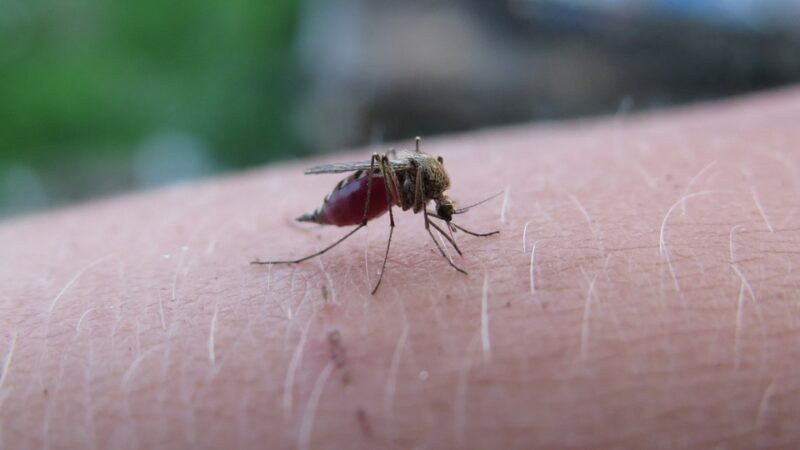Who among us has never gone on vacation with a friend or partner and noticed that while one person is covered in mosquito bites, the other seems to escape unharmed? While the painful red bites are annoying enough, mosquitoes can also transmit a range of dangerous pathogens, posing a growing health risk in Europe.
Attracting Mosquitoes: Critical Factors
Mosquitoes find their victims through smell, with carbon dioxide (CO2) being one of the main attractants. This gas, which is exhaled during respiration, serves as a signal to insects. Dr Robert Jones, a disease control specialist at the London School of Hygiene and Tropical Medicine, explains to the Daily Mail that the amount of carbon dioxide exhaled can affect the likelihood of being stung. “Among a group of people, the proportion of bites on an individual is related to the proportion of total surface area or weight that individual contributes to the group,” Dr. Jones said.
- Body size and breathing patterns
Larger people tend to excrete more carbon dioxide, which explains why men are stung more than women, pregnant women more than non-pregnant women, and adults more than children. In addition, people who experience increased breathing rates, such as during exercise, may be more targeted.
- Natural odor and body bacteria
A person's natural scent, which is determined by genetics and the skin's microbiome, also plays a role in attracting mosquitoes. Studies have shown that mosquitoes have specific preferences when it comes to certain odors. “We believe that genetics and the microbiome in our skin influence the volatile compounds our bodies produce, and this affects the way we smell,” Dr. Jones explained. “Some of these compounds are attractive to mosquitoes, so if your body produces a lot of these compounds, you may attract more mosquitoes than other people.”
- Choosing clothes: a matter of color
Although smell is the main sense mosquitoes use, vision also plays a role. Studies show that mosquitoes prefer colors such as red, orange, black or cyan, while green, blue or purple do not attract much attention. Experts believe this preference evolved to help mosquitoes distinguish their prey from the environment.
- Blood type: myth or reality?
There is a common belief that blood type, especially type O, makes a person more attractive to mosquitoes. However, studies on this issue are inconclusive. “There does not appear to be strong evidence that blood types influence how attractive people are to mosquitoes. There are other factors that are more important,” Dr. Jones said.
- Food: fact or fiction?
There are many myths about foods and drinks that can attract or repel mosquitoes. Some believe that garlic can act as an olfactory camouflage, while salty or sweet foods can have the opposite effect. Even beer consumption was associated with an increase in bites in a study of 14 participants. However, scientific evidence about the effect of diet on attracting mosquitoes is limited and inconclusive.
- Effective prevention measures
Dr. Jones recommends using scientifically proven methods to prevent mosquito bites. “It is much better to use methods that have been proven through rigorous scientific testing to provide a high level of protection against bites,” he said. There are many effective insect repellent compounds that are safe for use by adults and children.
Other recommendations
To avoid mosquito bites, it is recommended to wear long-sleeved clothes and pants, use insect repellent, keep windows closed or use mosquito nets, and sleep under a mosquito net. People should be especially careful during the early morning and early evening hours when mosquitoes are most active.
With these precautions, you can greatly reduce the risk of mosquito bites and potential mosquito-borne illnesses, allowing you to enjoy your vacation or time outdoors with greater peace of mind.

“Coffee trailblazer. Social media ninja. Unapologetic web guru. Friendly music fan. Alcohol fanatic.”

